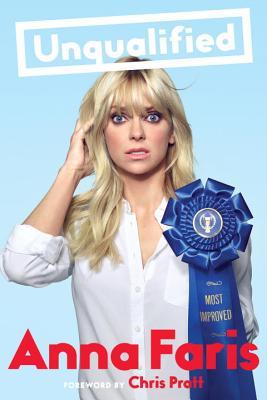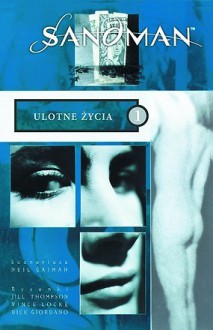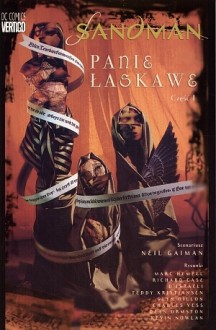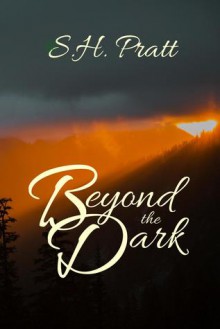
Tom Nichols is wrong about eggs.
I will come back to this point below, but before I get there, I just want to write the sentence. Because apparently, nobody on the entire Internet has written that sentence before now. (Or if they have, somehow Google can't see it.) And... He is. So if anyone else, for their own reasons, decides to put that exact phrase, enclosed in quotes, into a search engine, I want them to find this review! (And if anyone stumbles upon this review because you actually did do a search on "Tom Nichols is wrong about eggs," I'd be tickled if you let me know in the comments!)
Okay, now for the non-egg stuff....
I am torn about this book, and I see from having read multiple reviews on Goodreads, I am not alone. Nichols identifies serious issues. Misinformation is rampant, and no amount of fact-checking appears to dissuade people who have become attached to a piece of misinformation. Expertise has been devalued to the point where a person who does some shallow online surfing of articles related to a topic feels qualified to challenge people with deep, advanced knowledge about the subject. They are convinced "My opinion is as good as yours." The less they know, the more confident they are that they know everything they need to know.
He has a chapter on the higher education, where he identifies problems related to the universities adopting a customer-service model, where students have been transformed to "clients." I have taught at the college level--as a teaching fellow at the university where I completed my PhD in English, as an adjunct at a college while I completed my dissertation, and as a full-time temporary instructor at the same institution for one year after that. Between the two institutions, I taught for six years. I definitely saw the effects of the student-as-customer mindset. There was an increasingly pervasive sense that students were paying for a credential instead of an education. There was a lot of grade-grubbing. This was 1996-2000 and 2001-2003; I have heard that matters have worsened.
On the other hand, I was troubled by the author's tone when he discussed undergraduates. He repeatedly referred to them as "children," making snide remarks about "children" who challenged their professors on various issues. He also made much of prospective students' parents taking them on visits to the schools before they are accepted to them. Nichols is about six and a half years older than I am (I have a May, 1967 birthday, and his is December 1960). I'm not sure what the practices were for prospective students in 1977/1978, but when I was going through the college-application process in 1984, I distinctly remember on-campus interviews being part of the application process. He has an ax to grind over "children" who choose schools based on how much they like the campus and amenities. And he has a point, to a point. But some of the things he chooses to clutch his pearls about baffle me a little bit. Like dorms that are not designed like prison cells. If undergraduates aren't forced to live in a box with a stranger, how ever will they learn to get along with people who are not themselves? This can't possibly happen in a suite with private rooms and a shared living area.
He also takes cheap shots at "safe spaces" and students having "tantrums" over "hurt feelings." (If you have spent any amount of time online, you have seen very similar rants about "kids today.")
One of the points that Nichols makes is that experts are not experts in all things. There is a danger in behaving as if being an expert in one field means being an expert in all fields. But there are parts of the book where he doesn't stay in his own lane, regarding expertise. Although he even allows that he not an expert in journalism, he feels comfortable decrying everything he finds wrong with the current state of journalism. One of his stranger objections is that journalism has become a profession, and that there are journalism programs in universities. This, he points out, has displaced an "apprentice" system, where people learned to be journalists by working a beat, maybe starting out writing obituaries, and advancing through the ranks at a newspaper. But this is a peculiar perspective coming from someone decrying widespread ignorance. Why is it not better to learn journalism in a degree program, with an educated faculty? What if you apprentice at a paper that is terrible?
So, about the eggs....
Nichols concedes that experts can be wrong, and a pet example of his seems to be that in the 1970s, nutritional experts reported that eggs "might be lethal." Everybody stopped eating eggs (because apparently, everyone ate eggs), replacing them with foods that were worse nutritionally, and as a result, there was an obesity epidemic. And then nutritional experts changed their minds and decided eggs are totes good for you.
All of which is inaccurate. Trends in obesity cannot be explained by "everyone replaced eggs with something worse." It's all more complicated than that. And there are many experts out there who still advise against eggs. (Insert vegan side rant about the cruelty of egg production). Later on, toward the very end of the book, Nichols qualifies that although [various] nutritional experts took eggs off the definitely-do-not-eat list, this does not mean it's advisable to have fast-food egg breakfast sandwiches every day either (misuse of experts' findings). In any event, Nichols is not an expert in nutrition, and the "might be lethal" was silly hyperbole.
Solutions
I saw comments from many reviewers complaining that Nichols did not offer solutions, and that is not exactly true. At the end of the last chapter, he does. He concedes that experts need to be held responsible, but members of the public have a responsibility to inform themselves. If they wish to engage with an expert, they need to do enough basic research (not on Google) to be conversant in the topic.
The Article
Another thing I learned from other reviews is that the book grew from an article (by the same name) in The Federalist. Some have suggested that readers skip the book and read the article. I might not necessarily go that far, but definitely read the article and consider if you want more of the same basic structure, stretched out into a book.


 Log in with Facebook
Log in with Facebook 



















